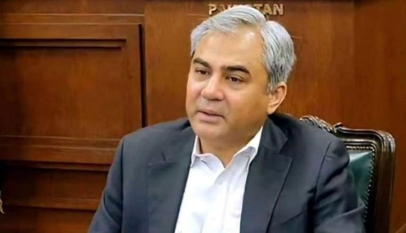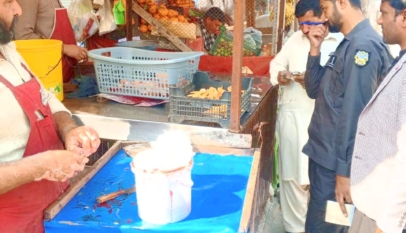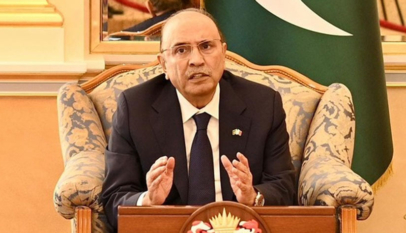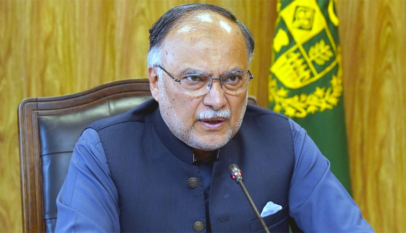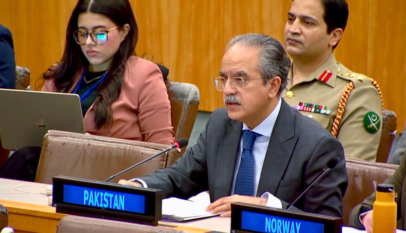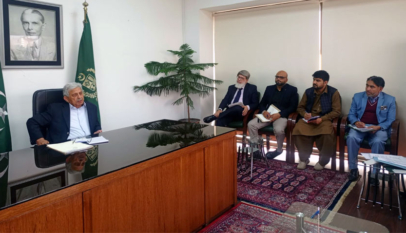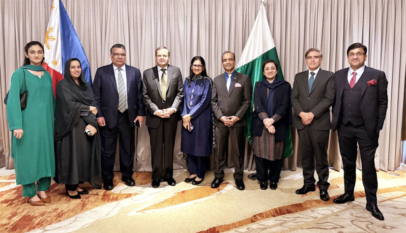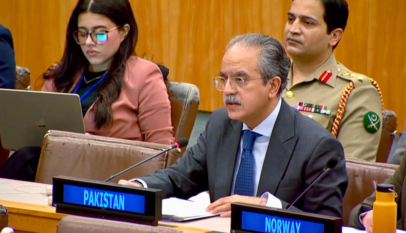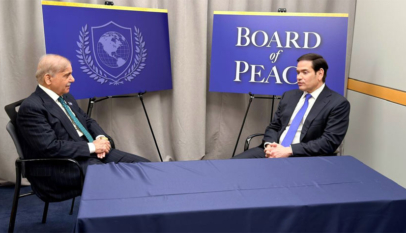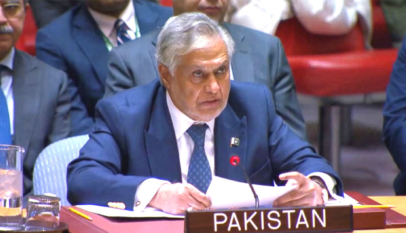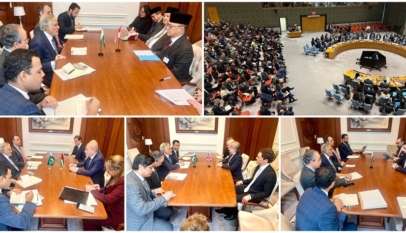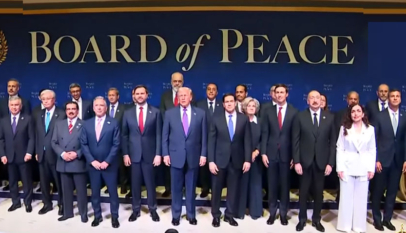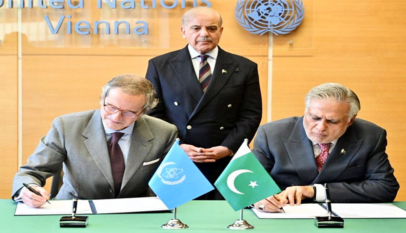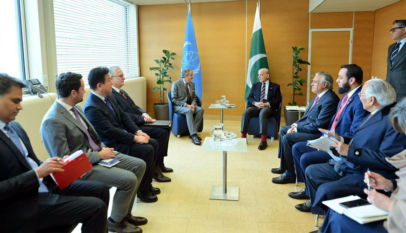
Officials from the Drug Regulatory Authority of Pakistan (DRAP), National Institute of Health (NIH), and leading infectious disease specialists have called for immediate and stricter regulations on antibiotic sales, stressing that these drugs should only be available with a valid prescription.
Speaking at an awareness session on Antimicrobial Resistance (AMR) organized by Commsman Consultants in Karachi, they described AMR as a “silent pandemic” that poses one of the most significant threats to healthcare in Pakistan, contributing to hundreds of thousands of deaths annually.
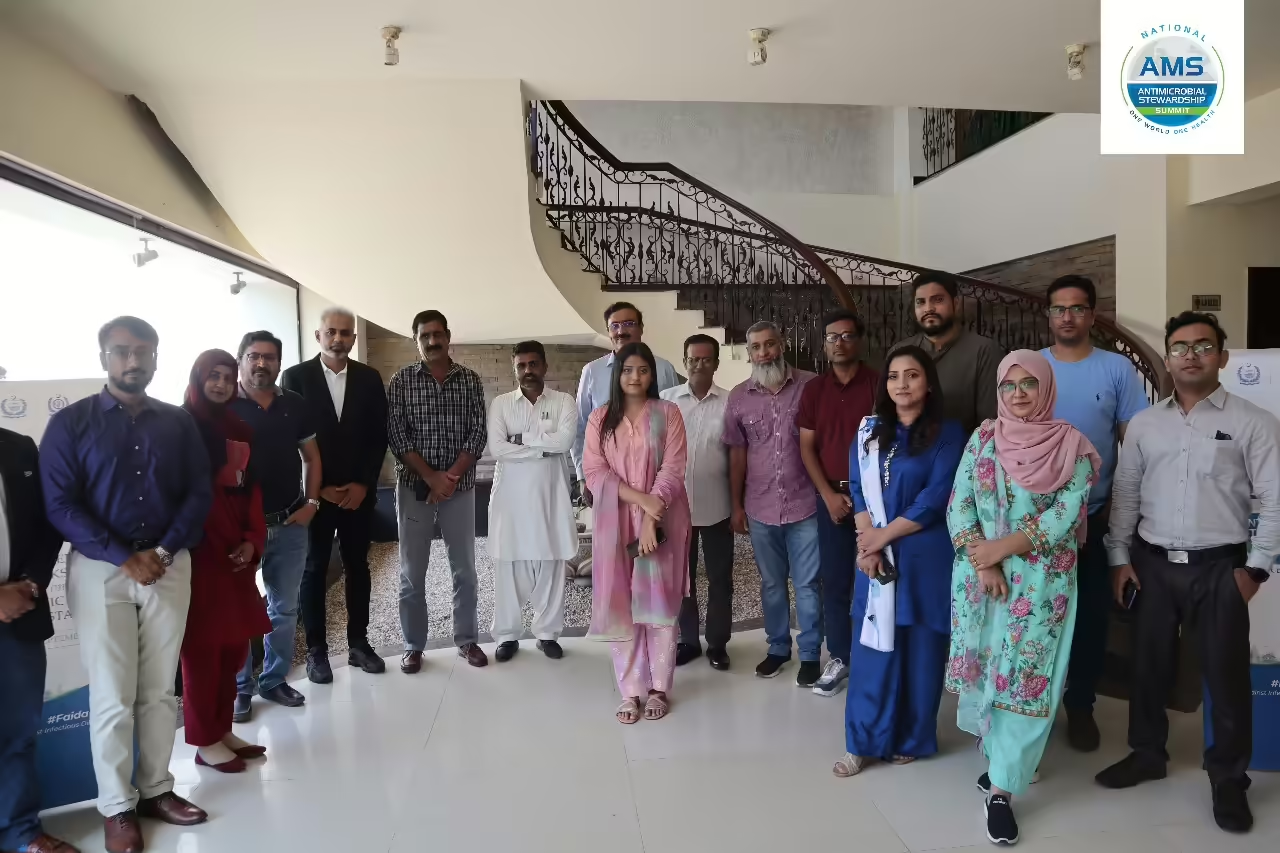
Dr. Faisal Sultan, former Special Assistant to the Prime Minister on National Health Services and CEO of Shaukat Khanum Memorial Hospital and a renowned infectious diseases expert, emphasized that federal and provincial governments must ensure antibiotics are sold only under prescription. He proposed the development of a Unified Prescription App to regulate antibiotic sales nationwide.
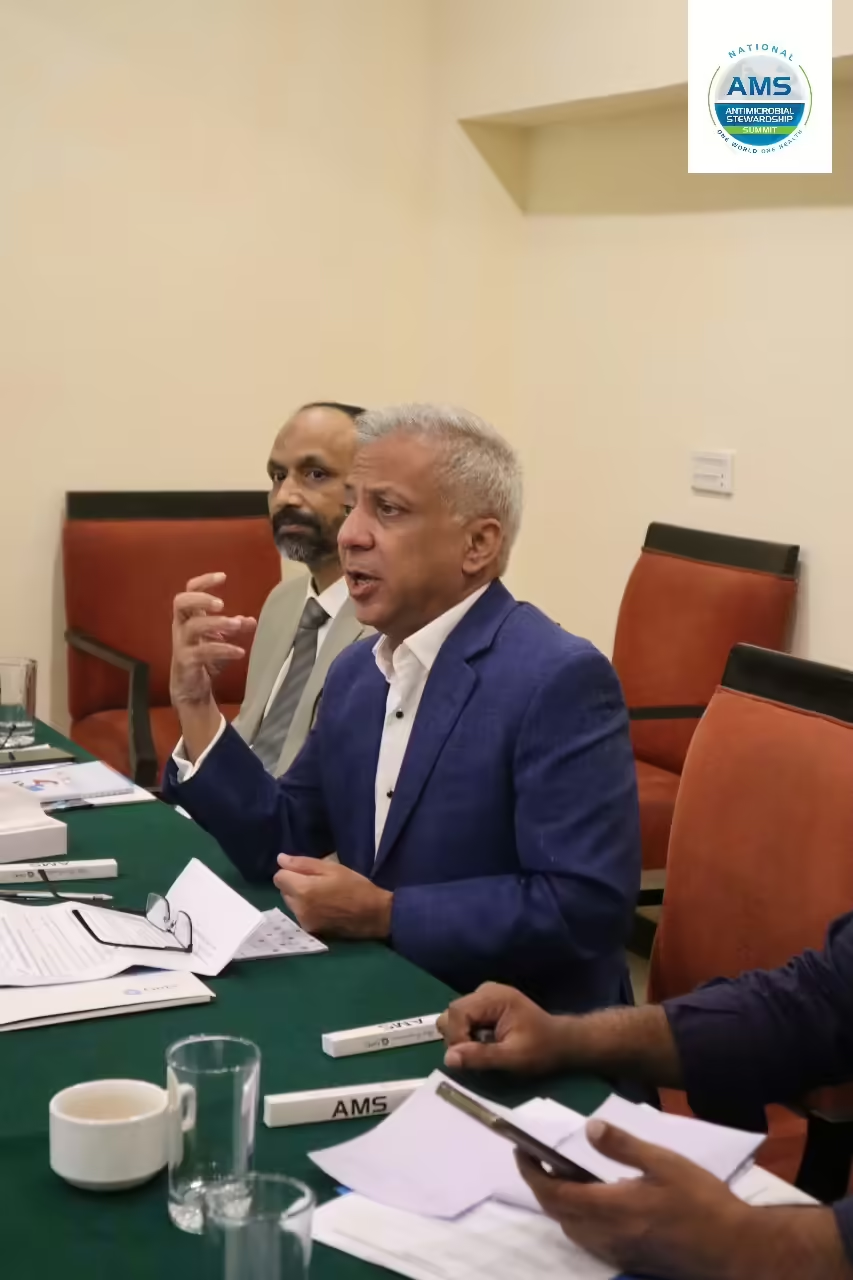
“Antibiotics were revolutionary drugs that made advanced surgeries, transplants, and cancer treatments possible, but their overuse and irrational consumption are rendering them useless,” he said. “Now, even diseases like typhoid are becoming resistant to most antibiotics, making treatment difficult.”
AMR occurs when bacteria, viruses, fungi, and parasites evolve to resist the drugs designed to kill them, making infections harder to treat. In Pakistan, the misuse of antibiotics—through overprescription or self-medication—has led to a rise in drug-resistant infections. This has resulted in longer hospital stays, the need for expensive treatments, and increased mortality rates.
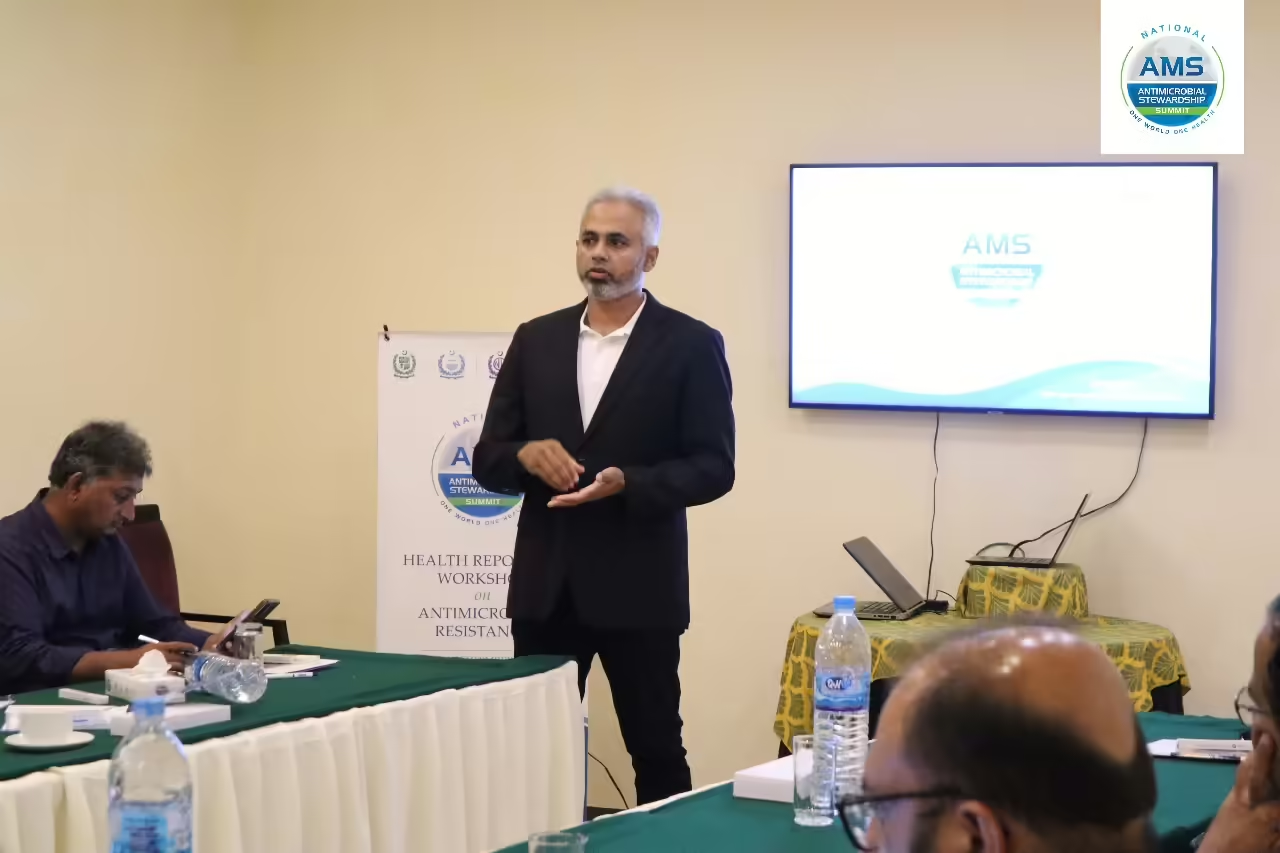
Chief Executive Officer of DRAP, Asim Rauf, stressed that although DRAP has asked provincial health departments to ensure antibiotics are sold only with a prescription, enforcement has been weak.
“The sale of drugs is a provincial subject, and we need provincial governments to take this issue seriously,” he said. Rauf called on the media to raise awareness about the dangers of AMR. Citing The Lancet, he highlighted that AMR is responsible for approximately 1.27 million deaths globally each year, and Pakistan is facing a similar crisis.
Asim Rauf further noted that DRAP plans to take strict action against pharmaceutical companies involved in unethical marketing practices that incentivize the over-prescription of antibiotics. “We are working with regulatory authorities to ensure stricter enforcement, but the media must play its role in spreading awareness about the consequences of AMR,” he added.
Dr. Muhammad Salman, CEO of National Institute Hospital (NIH) Islamabad presented alarming findings from a survey of 11 leading hospitals across Pakistan, which revealed that 92% of hospitalized patients were being prescribed antibiotics, highlighting the overuse of these drugs.
“This reflects the severity of antibiotic misuse in Pakistan’s healthcare system,” he said. Dr. Salman also disclosed that NIH is working on the second phase of the National Action Plan for AMR, expected to be completed by the end of the year. He called for government and donor funding to implement the plan effectively, which includes surveillance of antibiotic use in healthcare, poultry, and other sectors.
“There is a serious lack of awareness about AMR among the general public, healthcare professionals, and even the scientific community in Pakistan,” Dr. Salman warned, emphasizing the need for educational campaigns to bridge this knowledge gap.
DRAP’s Director of Quality Assurance, Dr. Obaidullah, revealed that over 3,000 metric tons of antibiotic raw materials were imported into Pakistan in 2019 alone.
He raised concerns about the unregulated use of antibiotics in the poultry sector, where little is known about how these drugs are being applied. “We need greater oversight in non-healthcare sectors, as antibiotic use in animals is contributing to the rise of drug-resistant bacteria, which can impact human health,” he said.
Dr. Obaidullah, along with other speakers, urged the media to highlight the dangers of antibiotic misuse and AMR, calling for a collective effort to combat this growing public health crisis.
Chief Operating Officer – Innovation and BD of the Getz Pharma – Zeeshan Ahmed called for collaborative efforts between the regulator, industry and prescribers to resolve the issue of AMR, saying media should also play its role in educating masses about irrational use of antibiotics.
“Media should highlight the problem of self-medication which is rendering most of the important antibiotics ineffective. We also need to have community pharmacists present at pharmacies to prevent self-medication and incentivized prescription”, he said adding that Getz Pharma is producing quality drugs to ensure that Antimicrobial resistance is prevent.
The session concluded with a consensus that Pakistan needs a unified ‘one world one health’ approach to address AMR, involving stricter regulations, public awareness, and better coordination between federal and provincial governments. Without immediate action, the country risks facing untreatable infections, escalating healthcare costs, and preventable deaths.







